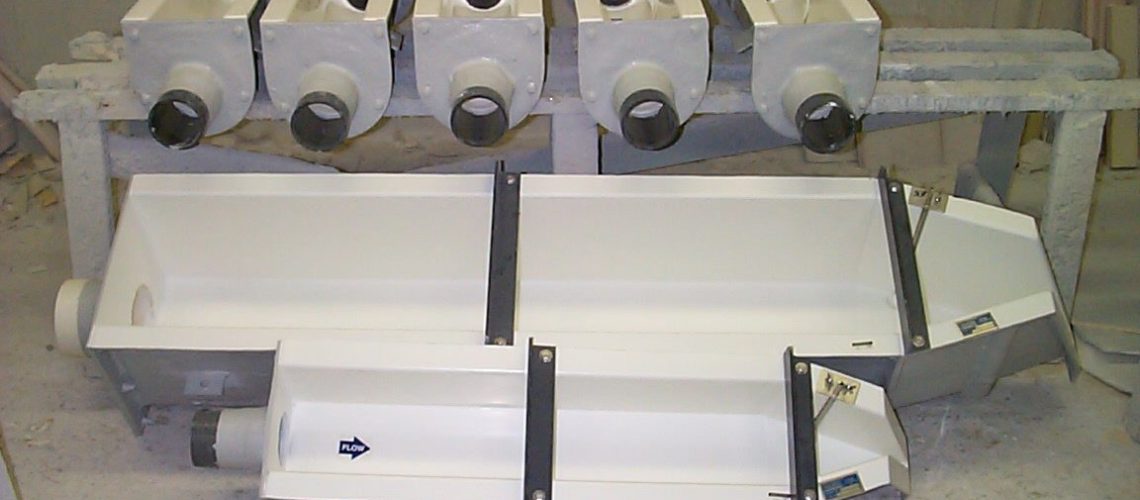When it comes to managing and measuring flow in a variety of applications, there is simply no better tool than a flume. Available in multiple styles, flumes are a premier flow management device, and using these tools can drastically improve the success of your business.
Although flumes are widely used, many people have questions about how these devices are used and why they are so beneficial. Here are a few frequently asked questions about flumes that you can use to learn more about why you should install these devices in your system.
What’s the Best Way to Choose a Flume?
If you’re like most people, then your most pressing flume question is how to choose the right style for your operation. Different flumes suit different needs, which means you need to be very careful about which type of flume your choosing for your system.
For example, if your flow possesses sedimentation, then you need a flume that can easily pass solids, such as a Parshall flume. It’s also a good idea to think about where you will install your flume. A flume that fits into an industrial application may not be the right choice for an earthen channel installation, and vice versa. If you’re having trouble choosing the right flume for you, it’s best to get advice from flume professionals.
Is Free-Standing Installation Possible?
Many questions about flumes are related to the installation process. In particular, many businesses want to know if they can choose a free-standing installation for their flume. The benefit of a free-standing installation is that it can be completed very quickly. However, as you might expect, free-standing installation isn’t always an option.
While some flumes are strong enough for a free-standing installation, others will need external support to stay in place and properly capture flow. When you’re planning your installation, you should ask your flume expert if a free-standing installation is an option. If not, you should ask them about the best way to support your flume.
Why Choose Fiberglass Over Other Materials?
When shopping for your flume, you may notice that many of these tools are produced using fiberglass, leading to another common question: what makes fiberglass better than other flume production materials?
If you’re not familiar with fiberglass, you might be surprised to learn that it is one of the toughest materials on the planet. For instance, unlike concrete or steel, fiberglass doesn’t corrode, meaning you know your fiberglass flume will last well into the future. Because fiberglass keeps its shape better than other materials, your flow readings will never be affected by distortion. Fiberglass is also resistant to UV damage, meaning flumes made from fiberglass are perfect for outdoor applications.
Answers to Your Questions About Flumes
If you’re still looking for answers to your questions about flumes, then you should be sure to get in touch with the team at Tracom, FRP.
At Tracom, we pride ourselves on being flume experts, and we can help you learn more about these useful devices and help you decide which of our fiberglass flume products is right for you. Our team is here to help find the fiberglass products on which your operation can depend. Contact us today.



